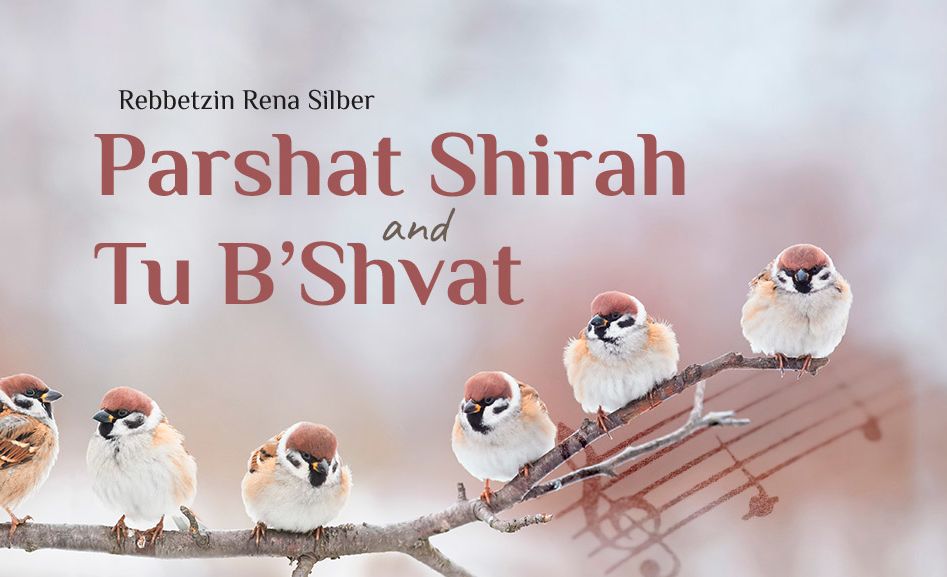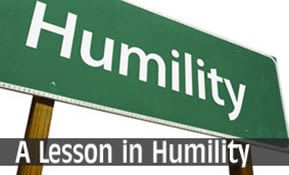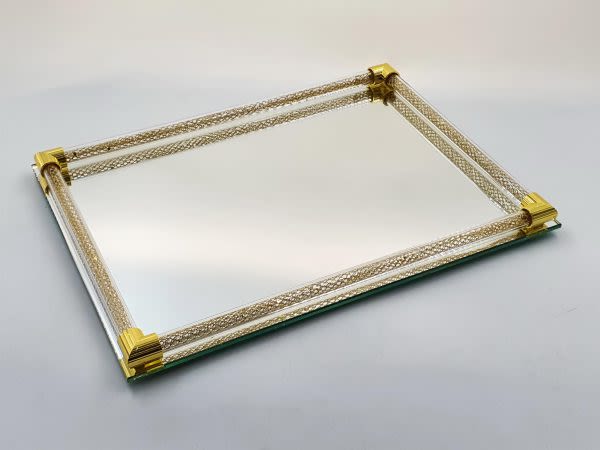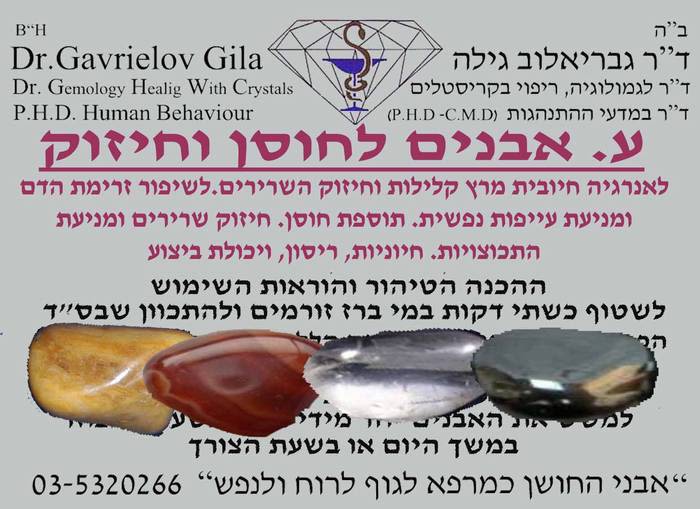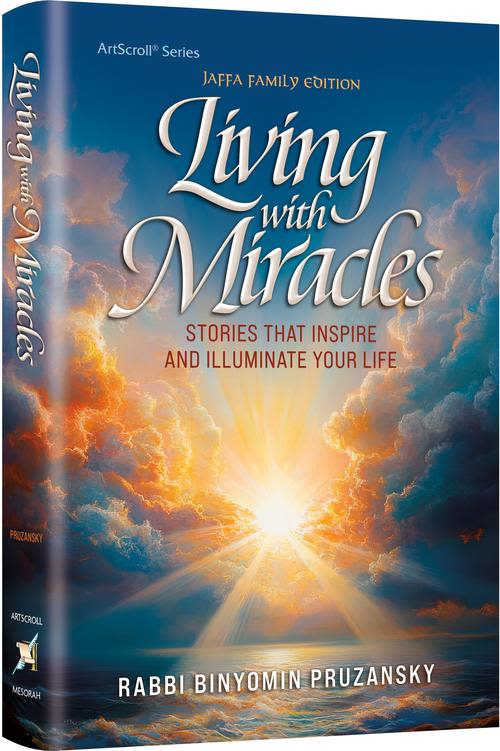
Vayishlach: Concealed Holiness
Shechem: the city is the pulse and political center of the enemy. Israeli forces try to clean out the cancer of terror and thwart the evil residing there...

Shechem: the city is the pulse and political center of the enemy. Israeli forces try to clean out the cancer of terror and thwart the evil residing there.
The Gemara (Sanhedrin 102) says about the city of Shechem, “It is a place of Dinah, [din, meaning harsh judgments]. In Shechem, Dinah the daughter of Yaakov (Jacob) was raped, Yosef Hatzadik (Josef the Tzaddik) was sold, and the split between the Kingdoms of Yehuda and Yisrael took place.” In Shechem, Yehoshua (Joshua) pronounced the blessings and curses mentioned at the end of the Torah. It seems that from its very inception, the city of Shechem was destined for tragedy.
The Torah records that when Yaakov arrived at Shechem, he was in a heightened state of spirituality. "Vayavo Yaakov Shalem Ir Shechem," "And Yaakov came safely [to] the city of Shechem" (Bereishit 33:18). The word "safely" can also mean "whole, complete," "whole with his Torah, for he had not forgotten [any of] his studies in Lavan’s house" (Rashi ibid). After arriving in Shechem, Yaakov purchased the plot of land that he was to settle on for one hundred Kesitahs, which, we are told by the Gemara, was a lot of money.
The Concealment
In his sefer, Beit Yaakov, the son of the Izbitzer Rebbe explains that Yaakov knew that in the city of Shechem, Hashem's presence was almost totally concealed. The city was created with an inner cloaking device that filtered out the ability to believe in Hashem. But instead of fleeing the area, he used his superhuman spiritual ability to begin removing the Klipot (the shells), and ameliorate the din, the harsh judgments.
With his hundred coins, Yaakov made a Kinyan, (he attained ownership) in Shechem. The number one hundred represents the totality of human performance. It is the perfection of the ten Sefirot, the ten levels of avoda (Divine service) available to a Jew. Each of the Sefirot is in turn subdivided into ten, resulting in a total of one hundred. This is similar to the avoda of Sefirat HaOmer when we work on our seven emotional midot (character traits) on all seven levels of each Middah (character trait), expanding to the forty nine levels of the Omer. Nevertheless, the avoda of Yaakov was insufficient to prevent the catastrophic events that happened in Shechem.
The Beit Yaakov points out that Shechem [where the brachot (blessings) and klalot (curses) mentioned in Parshat Ki Tavo, were pronounced] was eminently suited for that mitzvah. It is difficult for us, however, to comprehend the inherent blessings represented by the curses.
The Tzaddik, who lives on a different mental and spiritual plane, does not see curses. He sees the blessing hidden within the curse. The Beinoni — the average enlightened Jew — has a hard time seeing the good concealed witin the bad, and are content to ‘just believe’ that Gam Zu Letova, everything is for our ultimate benefit.
This is the quality of the city of Shechem: the blessings are totally concealed, and what appears on the surface is horrific. There were pseudo negotiations between the people of Shechem and their leader, whose personal name was also Shechem. He wanted to officially marry Dinah whom he had kidnapped against her will. The condition made for entering into a treaty with the family of Yaakov was circumcision. He tried to convince his kinsmen that it is to their financial and physical advantage to enter into liaison with the Jews. He told them, "V’Haaretz Hinei Rachavat Yadayim” "There is ample room in our land."
The lack of moral truth in the people of Shechem was reflected in their assisting in the capture of Dinah, and in their subsequent vicarious pleasure; they laughed as they heard her screams of protest.
As Jews, we are horrified at this story, and we have a hard time understanding such evil. In our days, however, we see the treachery of the world community and the repeated fulfillment of the saying "Halacha He, Esav Sonei L’Yaakov," "It is a rule that Esav (Esau – in other words the people of the world) hates Yaakov."
A Deeper Connection
In Likutei Torah, the Ari Hakadosh teaches that Shechem actually had a connection to Dinah and the house of Yaakov. Had he controlled himself, he could have been incorporated into Yaakov's family and perhaps legally marry Dinah. His violence and lack of fulfilling the Noahide Mitzva of morality cost him his destiny, his happiness, and his life.
Shechem was later reincarnated as Zimri, the prince of the Tribe of Shimon and made the same mistake. In Parshas Balak we are told that as a result of the immorality that the King of Midian presented to the children of Israel, Zimri publicly lived with a Midianite princess who was forbidden to him.
There too, this woman was spiritually connected to Zimri, but the time and place was not correct, and as a result Zimri forfeited his life.
"Ki Lo Yidach MiMenu Nidach," "Hashem never gives up on a soul." He grants us another opportunity to return to this world to repair the damage we've caused. The Ari teaches that the next gilgul (reincarnation) of Shechem was in the Tanna, Rabbi Chanina ben Tradyon. In fact, the Ari comments that the word RaCHaVaT mentioned in the passuk said by Shechem is the initials of the name Rabbi Chanina ben Tradyon!
Rabbi Chanina ben Tradyon
Rabbi Chanina ben Tradyon was one of the Ten Martyrs killed after the destruction of the second Beit Hamikdash. We read about these Asara Harugei Malchut (ten martyrs) in Musaf of Yom Kippur. RabbiChanina ben Tradyon was a contemporary of Rabbi Akiva, and of Rashbi. The Gemara tells us that his main Mitzva was Tzeddaka, charity. He was a Gabbai Tzeddaka par excellance! All the money he distributed went to the correct and worthy person, even if he had no idea who he was giving to! The Hashgacha (Divine providence) was perfect; he was a clean vessel through which Hashem sent down Shefa – bounty.
When the Dinah kasha — the harsh judgments — came out against us by the King of Edom, RabbiChanina ben Tradyon felt that he would be saved because of his tremendous Divine service. His colleague, RabbiYosi ben Kisma, told him that the din – the judgment — was too strong.
It was similar to the din of Shechem, and that indeed he would not survive. RabbiChanina said, “If that is the case, and I have no hope in This World, what will be my fate in the Next World?”
Rabbi Yosi asked him if any particularly unusual or unique Mitzva came to mind.
Rabbi Chanina said that once, he mixed up the Purim coins with the regular Tzeddaka money, and distributed these Purim coins to the poor.
“If so,” said RabbiYosi, “let my place in the next world be with you!”
Discriminating Charity
What is the difference between Purim Tzeddaka and regular Tzeddaka? We know that on Purim, we give to whoever extends their hand, irrespective of their need or worthiness. During the year, we can discriminate between those who deserve our money and those who don’t.
The Gemara in Bava Basra relates the famous conversation between Rabbi Akiva and the wicked Turnusrufus. The latter questioned the validity of giving Tzeddaka with the following argument: if the king is angry at a person and exiles him, depriving him of his needs, it is tantamount to rebellion. Rabbi Akiva answered that if the King exiles his beloved son, and someone takes him in and supports him, the King will be grateful for the support.
On Purim, we go above the level of Daat, understanding. We drink until the distinction between Tzaddik Mordechai and Rasha Haman is blurred.
We are the children of the King, and although perhaps unworthy, nevertheless cannot lose our genetic identity. The love that goes along with this essential definition of a Jew is never lost, although it is sometimes partially obstructed.
Hashem Loves His People
Rabbi Nachman advises us to call to mind this inherent love if ever we feel sad. Everything can be removed from us, except for our very identity. And since our self is a part of Hashem and surrounded with everlasting love, this thought, and memory can and will bring us Simcha, joy.
Rabbi Nachman said that at the beginning of each day, he would recite a formula that is something like this:
“Master of the World, I hereby give over to you all of my thoughts, my words, my actions. Every move I make, every breath I take, I give over to You, Hashem. My entire life force, I give to You, Hashem. today and for every day for the rest of my life. Let everything I do, say, think, feel, sense and want, all be according to Your Will, and be properly aligned to Your understanding.”
After giving his day over to Hashem, Rabbi Nachman said he was totally trusting that whatever he did, whatever happened to him that day, somehow was perfect and fit exactly into the Divine cosmic plan.
Rabbi Chanina ben Tradyon reached this place of total Bitul, of giving everything over to Hashem. The Beit Yaakov says that he had reached such a great level of Ahavas Yisrael, love of his fellow Jews, that he was incapable of seeing negativity in any Jew.
Although there is a concept that a Jew is an Eved Hashem, God's servant, and as a servant he can fall under the jurisdiction of din, harsh judgment, Reb Chanina saw only the beloved Child of the King. Therefore, the Purim money got mixed into the regular tzeddaka money. He was at the level of Moshiach.
Rabbi Nachman teaches that one of the joys of the Messianic era is that we will see that even in our most apparently sinful times, when we felt the farthest from Hashem and so untrue to ourselves, even there, Hashem was with us. Actually, it was particularly there that Hashem’s presence was strongest, although it was the most concealed.
Concealed Lights
We are horrified at the rape of Dinah. How could it have been allowed? What was its purpose? What good could possibly come from such outrage?
The Mekubalim teach that the episode of Dinah is the paradigm of concealed light. One result of the episode in Gan Eden was that the snake deposited within Chava some of his venom; and as a result the Yetzer Hara, which was originally external to man, became internalized.
Schechem's violent part was attracted to Dinah, who had a spark of the soul of Chava. By forcing himself on Dinah against her will, the residue of the snake that had remained in Chava and was transferred to Dinah was in turn transferred onto and into Shechem. Dinah was cleansed.
The daughter Dina bore as a result of this union, Osnat, was the spiritual counterpart to Yosef the Tzaddik, who would eventually become her life-partner. Reb Tzaddok teaches that Osnat perfected the Middah of purity. Thus, what appeared as impure was actually pristine pure.
The Midrash teaches that Dinah's brothers refused to accept Osnat. They thought that the lineage was passed down through the father. Yaakov knew that the spiritual genetics were passed through the mother, and therefore he sent Osnat away to save her life. But before sending her away, Yaakov affixed a necklace that testified to her royal lineage, that she was part of Yaakov's family. Although Osnat was raised in the unholy household of Potifar, she never succumbed to its influence. She is naturally pure and remained unaffected by the filth of Mitzrayim.
We testify to this perfection of her soul each time we bless our sons with the traditional blessing that they be like Osnat's sons.
(More of Rebbetzin Silber's beautiful Torah can be seen at www.Kolrena.org)


